On this page, you can find an overview of the current and former project team members, as well as a short description for each person.
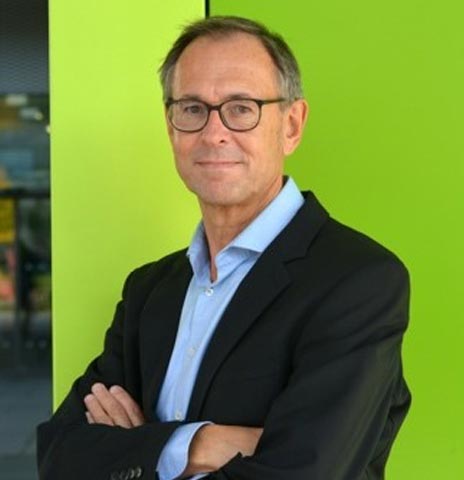
Andreas Zick is director of the Institute for Interdisciplinary Research on Conflict and Violence (IKG) and professor for socialization and conflict studies at the University of Bielefeld. In addition, he is the speaker for the Institute of Societal Cohesion Research at the Bielefeld facility as well as the speaker of the German Center for Integration and Migration (DeZIM). Since 1980 he has done national and international research on topics like radicalization, extremism, and acculturation. He is the coordinator of the collaborative research project “Radicalization and Spaces”.
Mail: zick@uni-bielefeld.de
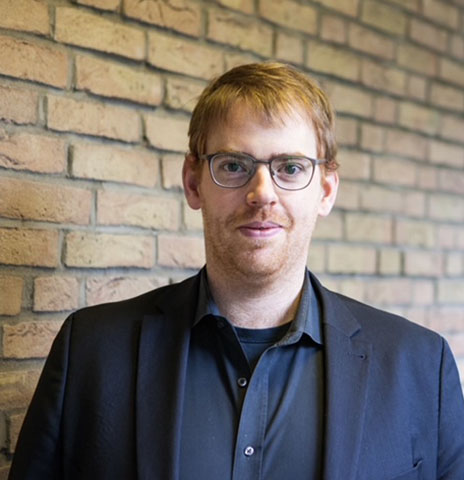
Sebastian Kurtenbach is a professor of political science and social policies at the University of Applied Sciences Münster. His work priorities are the research of urban cohabitation, the impact of space regarding the occurrence of deviant behavior, the organization of social policies on the communal level, and the development and prevention of radicalization processes.
Mail: kurtenbach@fh-muenster.de
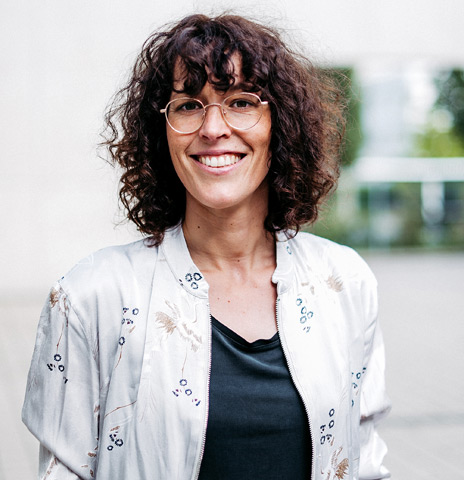
Janine Linßer is a professor of social work at the University of Applied Sciences SRH in North Rhine-Westphalia. In the preceding project, she has analyzed the characteristics of susceptibility regarding possible Neo-Salafist radicalization as a research associate. As an associated partner in the project “RadiRa” her focus lies in the evaluation of communal practice strategies for the prevention of radicalization. Her research priorities surround youth research, quantitative methods of empirical social research, and the study of radicalization.
Mail: janine.linsser@hs-augsburg.de
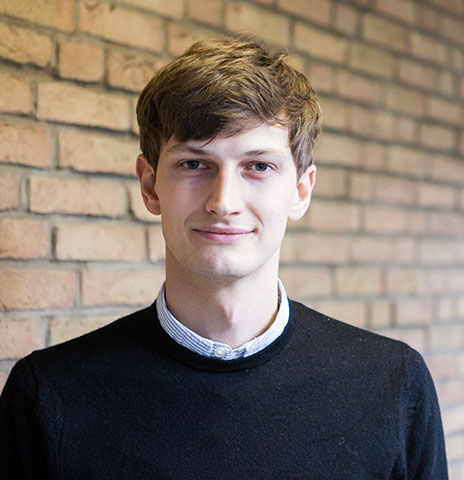
Armin Küchler studied political sciences and sociology at the University of Bielefeld and has a master’s degree in political sociology. He is a research associate in the project “Radicalization and Spaces” as well as in other projects of the FH Münster. His research priorities lie in the field of radicalization and populism. In this project, he is responsible for the quantitative data collection and analysis.
Mail: armin.kuechler@fh-muenster.de
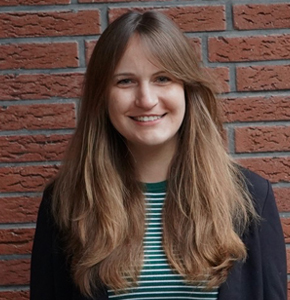
Linda Schumilas studied Social Work at the University of Applied Sciences Münster and works there as a research associate since 2020. Currently, she is doing her master’s at the TU Chemnitz in prevention management. In the project “Radicalization and Spaces” her focus lies on the qualitative survey with practitioners of social work and the development of a practical instrument.
Mail: linda.schumilas@fh-muenster.de




